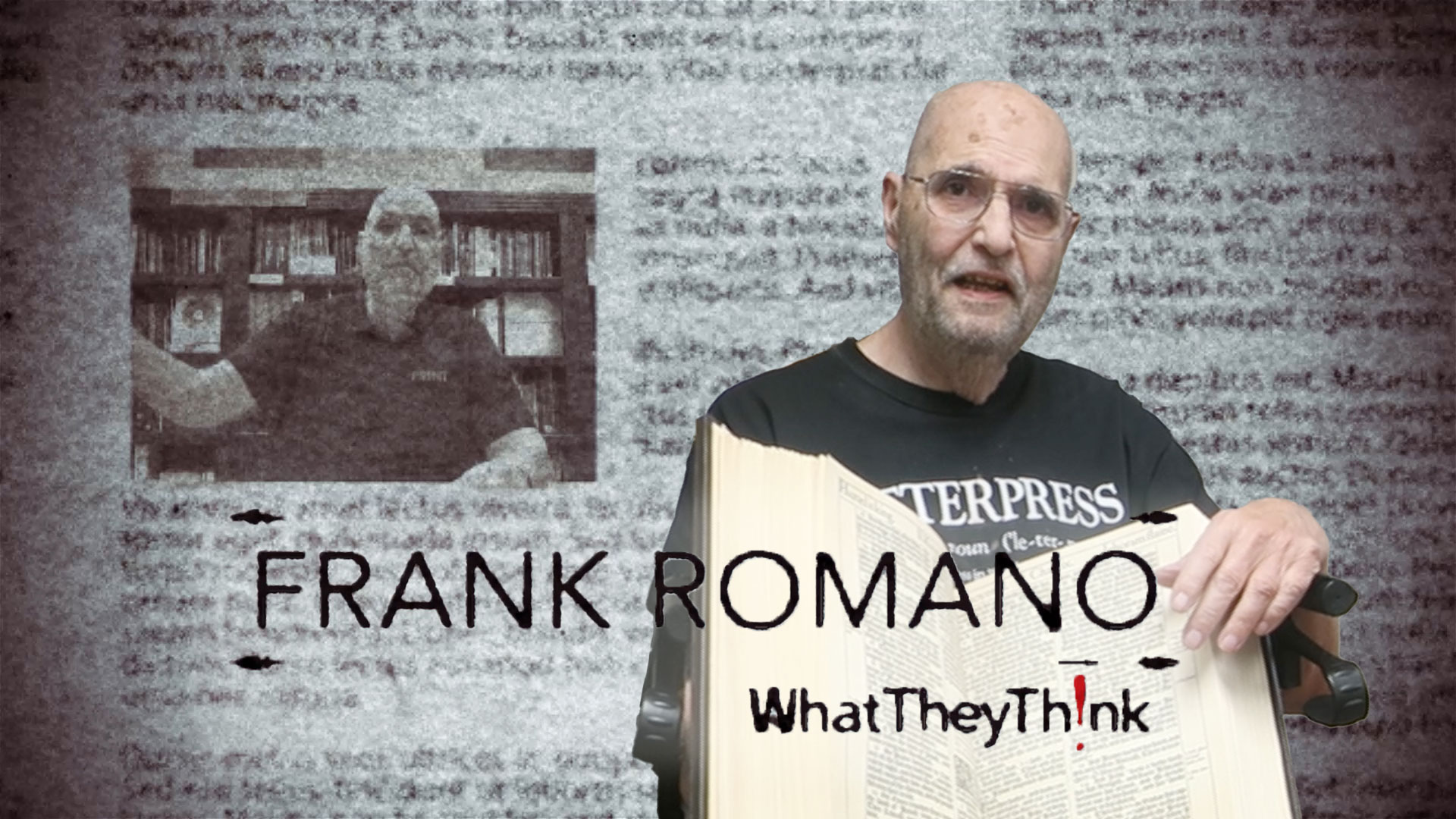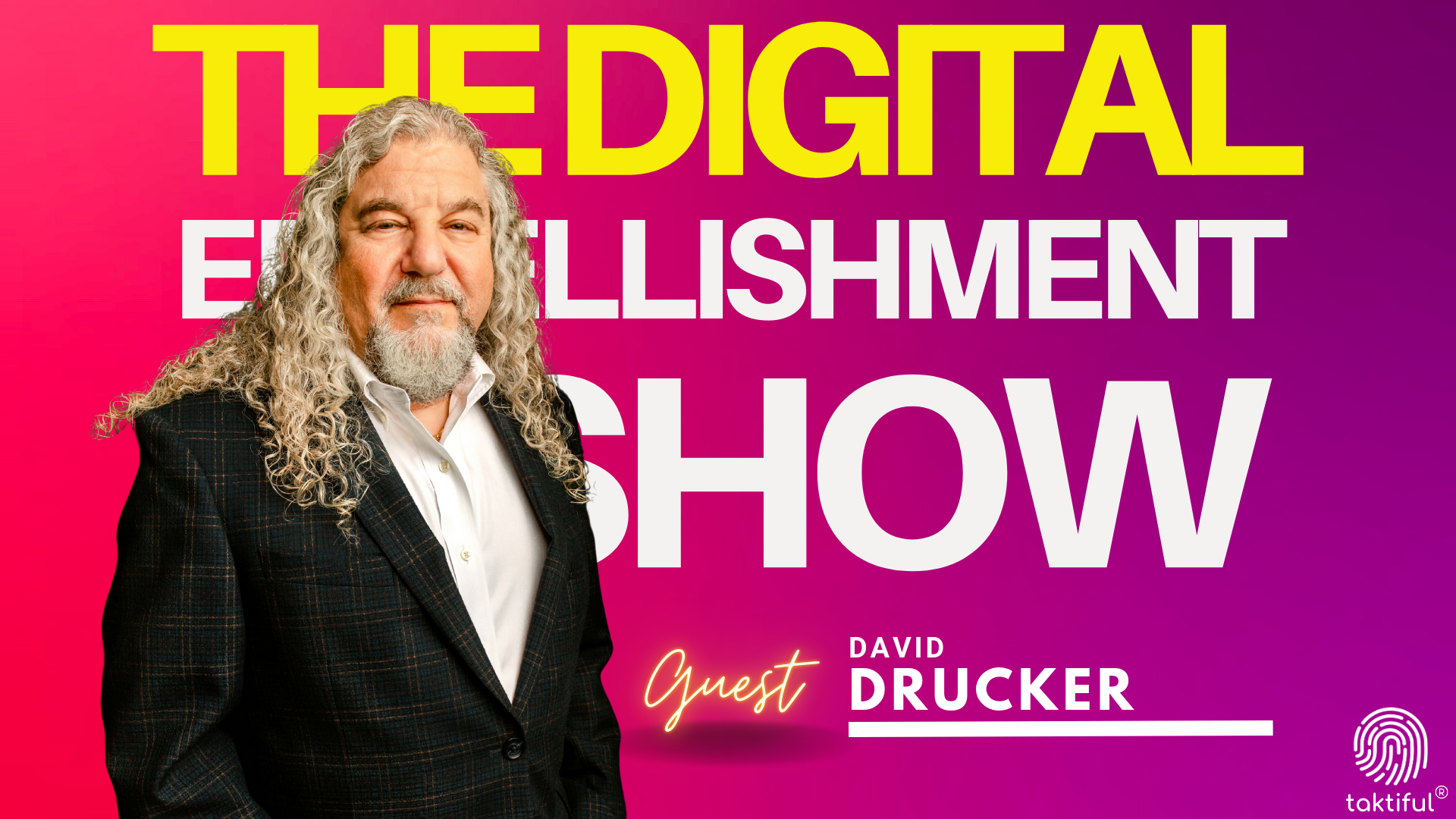In the last ten years or so our business has so fundamentally changed as to be almost unrecognizable to former participants and past industry giants. No one in our industry no matter what their title performs the function that their predecessors performed not ten years ago nor five years ago.
If you can, take a few minutes and try and step back from your desk, laptop, iPad or smartphone and reflect upon the changes you have personally witnessed while in the media business. What I find rather amusing in this exercise is that it doesn't matter how long you have been in the industry, thirty years or two years, to recognize the results of vast and uncontainable transformation that you have participated in. When the old timers got on the media train its speed was constant and consistent. Now the train is headed into the future at increasingly faster and faster speeds and no one actually knows where we are headed or what to expect when we arrive, if, in fact, there is an arrival at all recognizable from our current position. For newcomers it must be like jumping on a bullet train to the future.
At a 40,000 foot view of our industry, as we lean back and ponder in our chairs, the largest visible object we can see is not the challenge of adapting to ever changing technology, but rather the absolutely fundamental shifts in the patterns and process of communication. The actual patterns of communication, between people and people, between people and businesses and between businesses and businesses have been forever altered. Nothing is as it was. Nothing will be as it is.
I foresee a mighty blending of former media silos into one universal widget of communication tools. The Internet and the digitization of damn near everything have actually changed the very DNA of what communication was. Perhaps we need a better word for what we do now. Can the term "communication" really capture what the current process is? I Tweet globally to untold thousands every day. Is that still called communication? I send 16,000 emails to my closest business associates every day. Is that still called communications? When a publisher simultaneously multi-casts a printed magazine, a digital magazine, blogs and RSS feeds, PURLS and other fancy stuff, is that still just communications. Perhaps it would help us all to readjust and rethink what we do, if we had a new term for it - something that covers our new realities and our new abilities to "universally broadcast."
Can we universally broadcast messages to thousands of our Facebook friends and think that it is either personal or social? Is that communication? Well, yes, it is both social and a form of communication, but it surely is not like it was. Do I think the age of letter writing on paper as a form of communication is ever coming back? No, I think it is as dead as the Post Office that used to have humans carry a letter from New York to LA in just a few days for 35 cents.
Digital social networking which used to be called letter writing and phone calling has now become an integral way of life for millions and millions of members of the 21st century communications club. It is an activity increasingly merged into everything that has digits, words and Internet access. It is everywhere and growing. Very soon people will not remember what life was like before social networking, much like I have no memory of how I lived and shopped before the cash machine. I read recently that in 2012 or so the unique monthly visitors to social networking sites will surpass 800 million. Is what they are doing communicating or is it something else?
Somehow all this change reminds me of Aristotle who lived during another era of tremendous transformation in communication when the written word was rapidly displacing the oral tradition. Aristotle was against this oral change, worrying that writing everything down would weaken the brain's ability to actually remember things. He may have been right about that, but he had another equally prescient idea. He became the first to explain that how we communicate alters what we communicate.
The changes in the process of communications over the last decade or so are radically different because how we communicate has altered everything and that includes the definition of communication itself.




